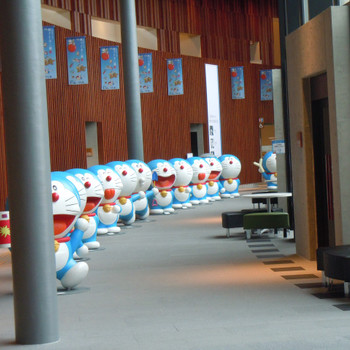How did the Communists gain control of China?
1 Answer
It was an arduous process partly because the Soviets were supporting the Nationalists at the same time.
Explanation:
The Nationalist movement included many Communists as part of the Sun Yat Sen's revolution in 1911. The Republican Government was in charge in Beijing but China is a very large and fractious place. The Republic inherited a very bad Foreign Affairs situation. The "unequal treaties" left the Central Government tied to many bad deals with Foreign Governments. The Japanese were claiming a larger and larger area of China for themselves.
The Communists started as an Urban Movement in China with Communist teachings brought by Chinese who traveled in France and elsewhere. In 1927 Chiang Kei Shek purged the Communists in the Nationalist Party. The Communists were killed or forced from their urban bases.
Mao tse Tung started a rural base in remote Jiangxi. This base grew quite large including about 10 million people. The Soviets sent an Adviser (Li Di), a German, to advise the group. Mao fell out of favor.
The Nationalist Armies began to close in and in 1934 a group of about 60,000 + left the area heading westward. The "Long March" that ended in the North of China started. The base in Jiangxi was destroyed and most of the remaining Communists were hunted down.
Mao re-establish his leadership and united a number of wandering Communist Armies in Yan'an in the North of China in 1937. Few remained of the original group but they were much more experienced an determined. The were able to re-establish contact with the Soviets and fight the Japanese while the Nationalist waited and took little action.
Where ever they went the Communists would scare away or kill the landlords and give the land to the peasants. They would pay for what they needed. They would treat the local people kindly. They were disciplined and would not bother the local women. They spread their message through a large area of rural China.
Mao's ability to create a core in rural areas set him different that the more urban approach of the Marxist-Leninist from the Soviet Union.

